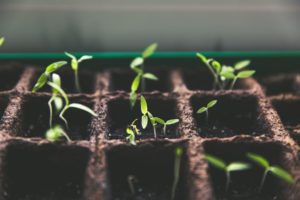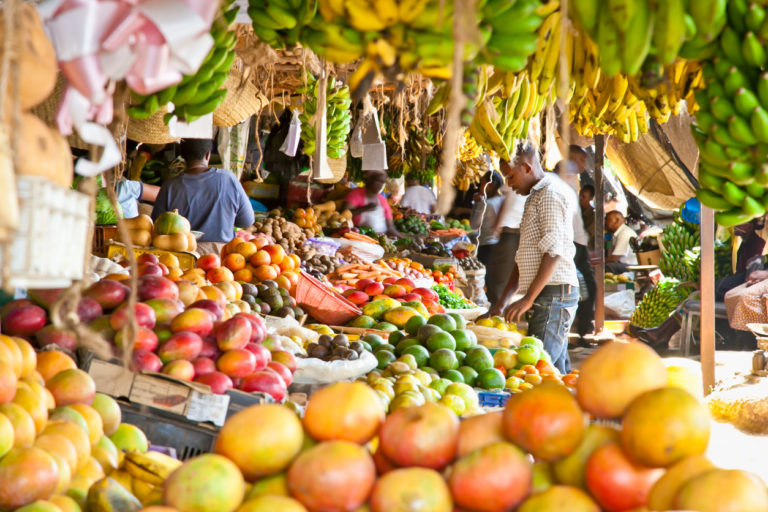REPORTING ON THE EVOLUTION OF FOOD & AGRICULTURE
REPORTING ON THE EVOLUTION OF FOOD & AGRICULTURE
REPORTING ON THE EVOLUTION OF FOOD & AGRICULTURE
REPORTING ON THE EVOLUTION OF FOOD & AGRICULTURE
REPORTING ON THE EVOLUTION OF FOOD & AGRICULTURE
REPORTING ON THE EVOLUTION OF FOOD & AGRICULTURE









